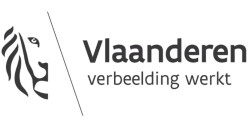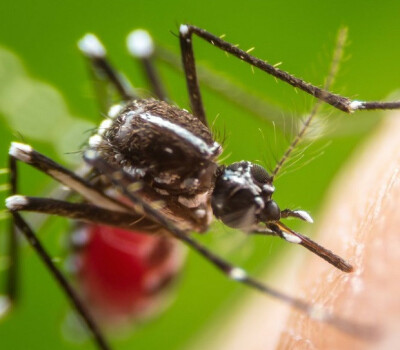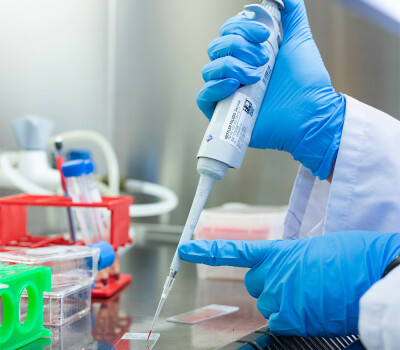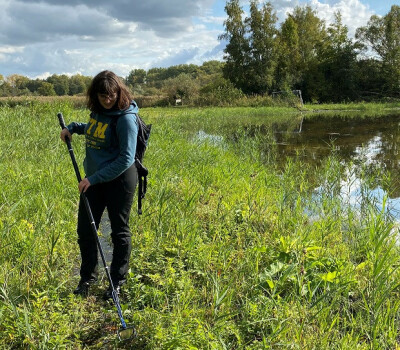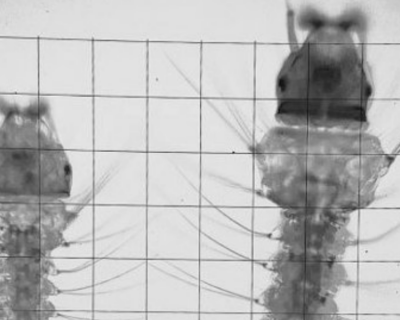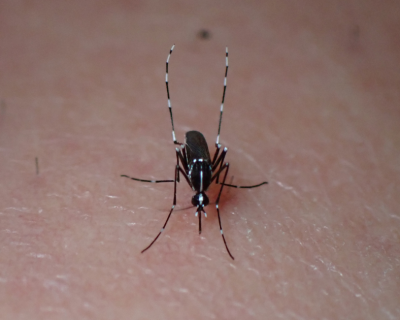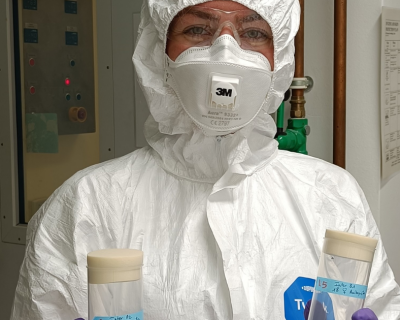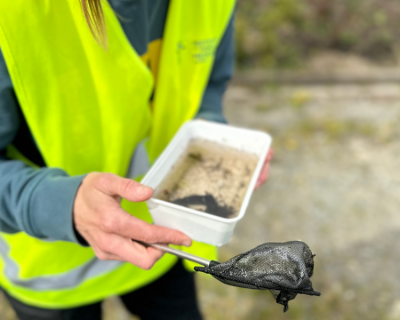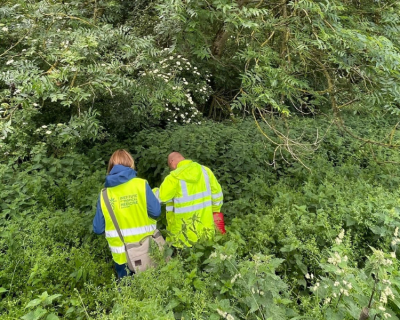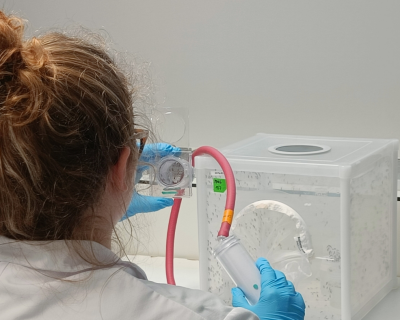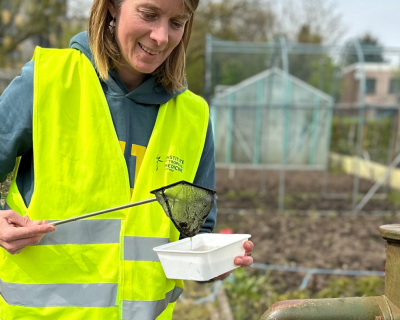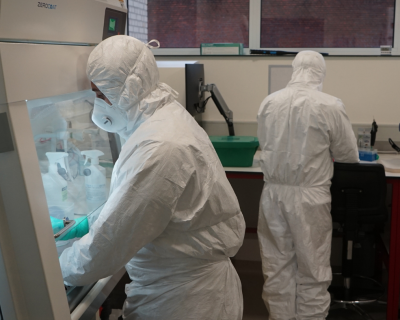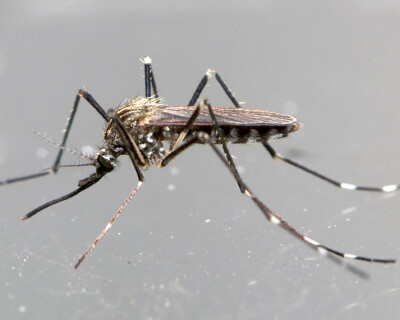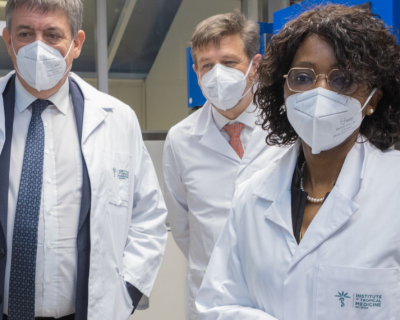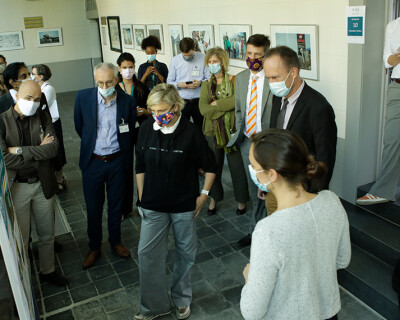
ITM insectary
About
The ultramodern, state-of-the-art insectary of the Institute of Tropical Medicine is a specific rearing environment for mosquitoes, tsetse flies and sand flies. These insects are vectors, which means they can transmit pathogens like parasites, viruses or bacteria from one human to another, or from animals to humans. Recent years have shown an unprecedented global spread of dengue, chikungunya, Zika and yellow fever. Vector-borne diseases are highly intertwined with climate change and biodiversity.
The insectary is unique in the world and, in combination with our in-house animal facility, transforms ITM into an international research hub for insect-borne diseases. It includes experimental platforms for ecophysiological experiments (studying how an organism adapts its physiology to changing environmental conditions). Scientists can perform infection experiments in all safety thanks to the implemented biosafety standards (Arthropod Containment Level 1, 2 and 3).
Interdisciplinarity and synergy
The insectary has important research benefits for the involved research units and our national and international partners. We expect many synergy effects when we can jointly study multiple models for disease transmission (e.g., comparative studies on context dependency of vector-pathogen interactions, studies on early infection response in vector and host, etc).
Did you know?
Vector-borne diseases are the cause of more than 700,000 deaths every year. These diseases include:
Schistosomiasis
Chagas disease
Onchocerciasis

What are vector-borne diseases?
Vector-borne diseases are illnesses caused by pathogens (parasites, viruses or bacteria). They are transmitted by a vector, such as mosquitoes, ticks, sand flies, triatomine bugs, tsetse flies, fleas, black flies, aquatic snails and lice.
In line with ITM policy plans
Our insectary responds to two of our core research ambitions, as stated in the policy plan of ITM:
Researching (re-)emerging infections and outbreaks
Accelerating disease elimination
In the insectary, we pursue these goals by:
studying the complex interaction between pathogen, vector, host and environment.
testing the vectors with their respective pathogens and hosts.
assessing new vector control methods, such as genetically modified insects (e.g., synthetic gene-drives) at Arthropod Containment Level 2 (ACL-2).
Funding
The insectary was built in 2019 with a grant of one million euros from Minister Crevits from the Flemish government. Phase 1 is currently completed.
Phase 1: Building of a modular system with the investment subsidy of the Flemish Department of Economy, Science and Innovation
Phase 2: Integration of the three insectary modules into a new BSL-2/BSL-3 complex (funding to be confirmed)
Core units involved
Research fields
The insectary allows us to further push the frontiers of knowledge in:
Vector biology
Vector control
Vector competence
Global change impact research
Experimental virology
Pathogenic landscape analysis
Research on pathogen transmission and replication cycles
Viral persistence
Drug testing
Eco-modelling
Pathogen-vector-host interactions
